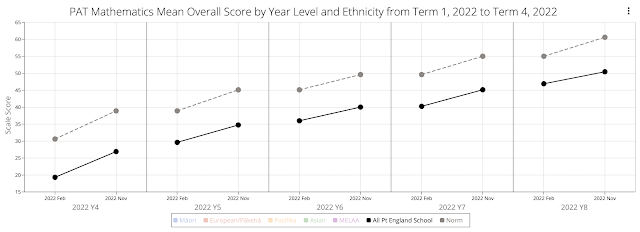Interview Questions
As I wrote in my last blog post, I intend to conduct a broad student survey with my class which will be shared across the school to look for overall trends. However, Driscoll (2011) asserts that interviews are useful when gathering in depth data from a small sample. In order to effectively address the needs of my target learners, it makes sense to interview them to gain more insight into their experiences and attitudes towards mathematics. Here are the questions I have formulated so far. The interview will be informal to support the ease of my students and I will ask follow up questions to gain further insights and to clarify my understanding. 1. What is your favourite thing about maths? Potential follow up - Do you enjoy it? 2. What is your least favourite thing about maths? 3. Can you think of a maths lesson you have enjoyed in the past? What happened? 4. How would you rate your ability out of 5 in maths? Why do you think that? 5. Can you think of an area of maths that you would...
